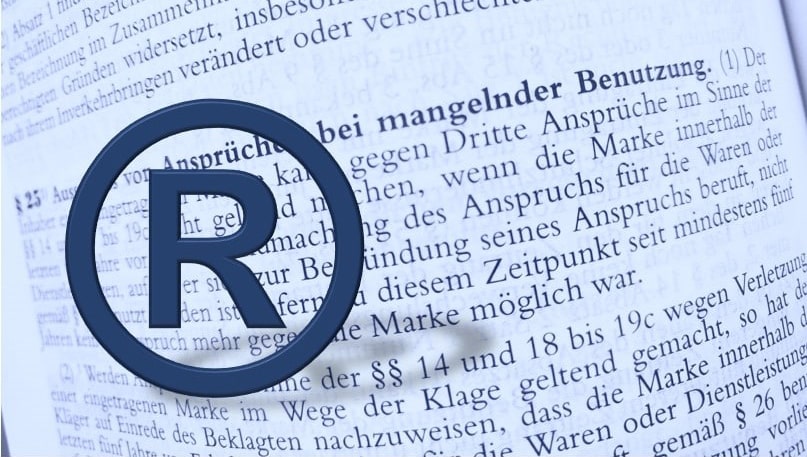In fact, Section 15 of the German Trademark Act grants the owner an exclusive right. This means that company signs are equivalent to trademarks in terms of legal enforcement. Third parties are prohibited from using identical or similar signs. This takes into account the idea of the trademark’s function as an indication of origin, which therefore also extends to company signs.
In this respect, it is advisable when setting up a new company or changing its name to check whether, in addition to registered trademarks, there may also be company signs that could conflict with the intended business name.
But why should company signs be protected as trademarks anyway? In general, additional protection as a trademark could of course be dispensed with, but it is not always easy to prove that you have a corresponding company sign. For this purpose, the time and scope of use in the course of trade must be proven. In addition, the scope of protection of the company signs is always limited to the specific form used and the goods or services, whereby proving services in particular can sometimes be difficult.
A trademark, on the other hand, provides additional protection for future fields of activity, in particular planned goods and services, but also geographical expansion, e.g. a baker in Dresden has local protection through the company signs, but may have problems if he wants to expand to Bautzen.
Similarly, a company that operates throughout Germany can also use an EU trademark to prevent older trademark rights from arising in France, for example.
In this respect, there are many arguments in favour of additionally protecting the company sign as a trademark and then using the existing registration law. However, the company sign can also serve as a fallback variant if the registered trademark could possibly be regarded as not being used in a way that preserves rights due to a modified form.
If you have any questions about trademarks, please contact us.
